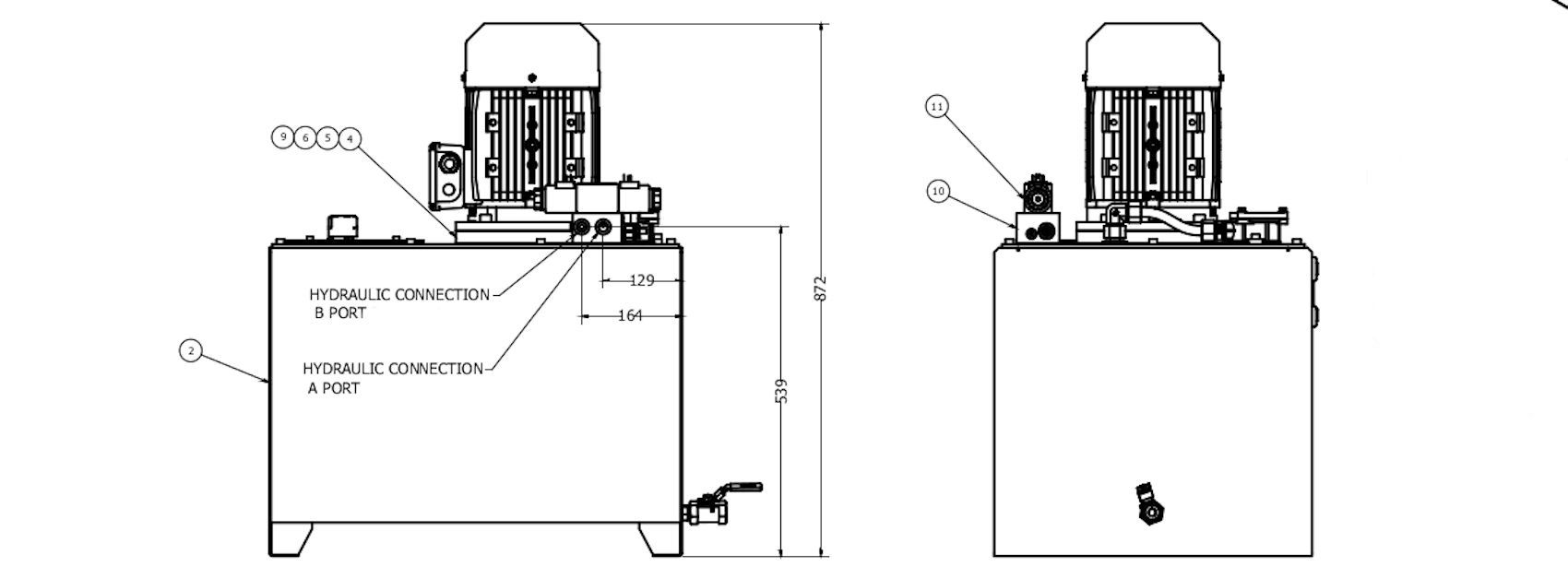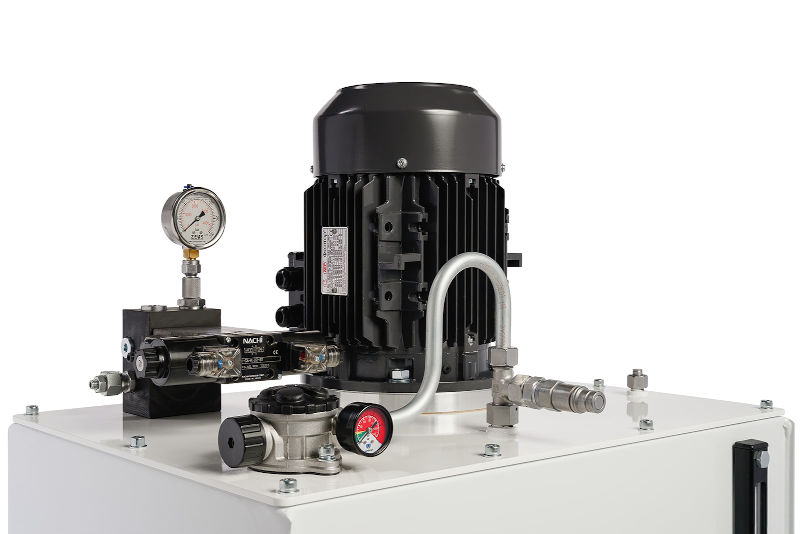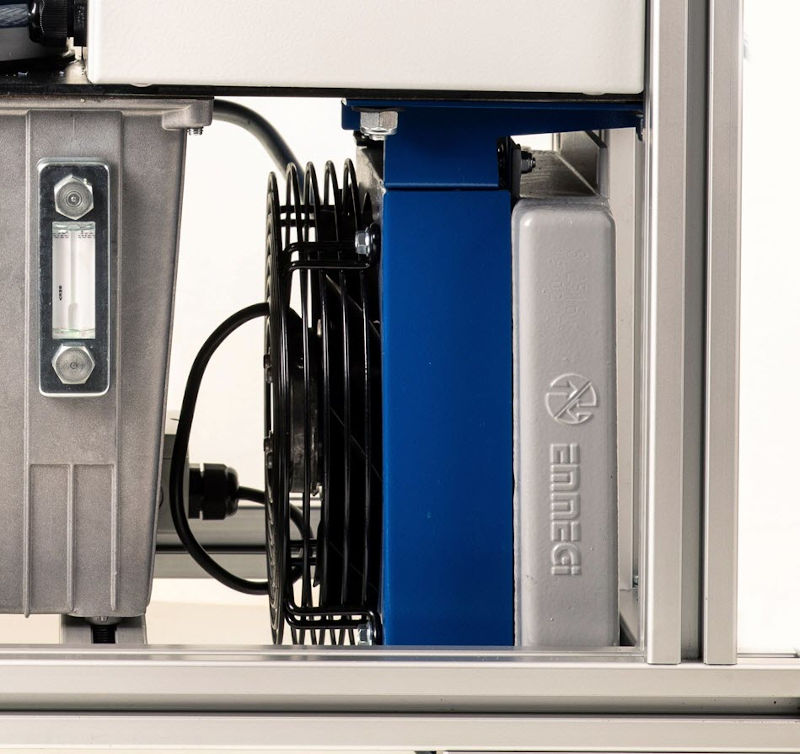
Hydraulic power packs are the heart of hydraulic systems, providing the energy needed to drive hydraulic machinery. Whether you are involved in the industrial, marine, aerospace, or motorsport sectors, a well-designed hydraulic power pack is crucial for efficient and reliable operations. In this post, we'll delve into the basics of hydraulic power pack design to help you understand the key elements that contribute to a successful hydraulic solution.
At its core, every hydraulic power pack comprises four primary components: the reservoir, the pump, the motor, and the control valves. The reservoir stores the hydraulic fluid, the pump provides the force to move the fluid, the motor powers the pump, and the control valves manage the flow and direction of the fluid within the system. Understanding each component's role is vital when designing a system tailored to specific requirements.

One size does not fit all in the world of hydraulics. The design of a hydraulic power pack must reflect the unique demands of the application it serves. For instance, a power pack for a high-stress aerospace testing rig will differ significantly from one used in a marine environment. Considerations such as environmental exposure, space constraints, and performance requirements are fundamental in shaping the design process.
The lifeblood of any hydraulic power pack is the hydraulic fluid. This substance not only transmits power but also lubricates and cools the system. The choice of fluid can impact the power pack's performance, maintenance frequency, and lifespan. Factors such as operating temperature, fluid viscosity, and compatibility with system materials must inform fluid selection to ensure optimal functionality.
Power and pressure demands vary greatly between applications. Calculating the correct flow rate and pressure necessary to perform the intended tasks is fundamental in power pack design. The capacity of the reservoir and the power of the pump and motor must align with these needs to prevent system strain or inefficiency.
A hydraulic power pack's control system and circuitry dictate how it responds to operating conditions. From simple manual operations to complex automated controls, designing the right circuit is key to ensuring responsive and precise performance. The integration of sensors and electronic controls can further enhance the system, offering real-time data and adjustments.
Effective thermal management is a pivotal aspect of hydraulic power pack design. Excessive heat can degrade hydraulic fluid and damage system components, leading to costly downtime and repairs. Incorporating cooling systems, whether air- or water-based, helps maintain optimal operating temperatures and prolong the durability of the power pack.

The durability and longevity of a hydraulic power pack are directly influenced by the materials used and the quality of its construction. Selecting materials resistant to corrosion, wear, and environmental impact is crucial, especially for units operating in hostile or rugged conditions. Precision manufacturing techniques and stringent quality control measures ensure that every power pack meets the high standards expected by industry professionals.
Adhering to safety and compliance standards is non-negotiable in hydraulic power pack design. Manufacturers must ensure that their power packs conform to relevant industry regulations, such as those governing pressure vessels and electrical systems. Designing with safety in mind protects both operators and equipment from potential hazards.
Embarking on the journey to design a hydraulic power pack requires a thorough understanding of these fundamentals. By appreciating the importance of each design consideration, you position yourself to develop a system that not only meets but exceeds your operational needs. Should you require expert guidance, the team at Zeus Hydratech Limited is well-versed in the intricacies of hydraulic power pack design, ready to translate your specifications into reliable hydraulic solutions.
Vat Reg Number: 846644204 Company Registration Number: 5230249
© Copyright 2026 Zeus Hydratech | All Rights Reserved